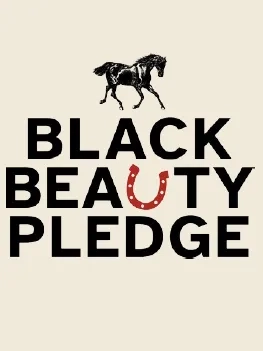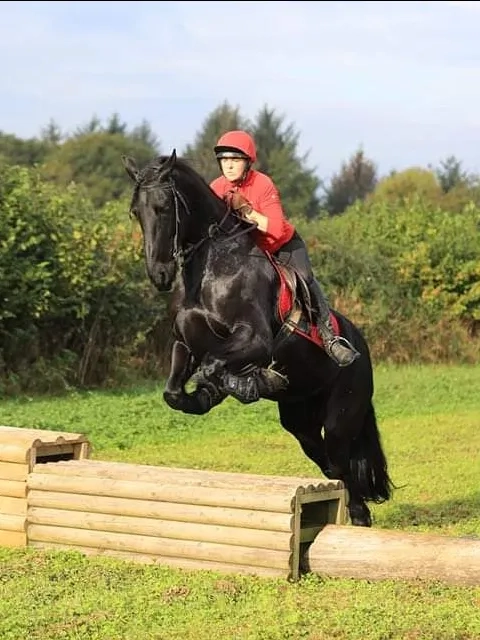31 October 2019

Has your horse been microchipped?
October spells one year to go before updated microchipping legislation comes into force. Redwings is taking the opportunity to remind horse owners to make sure all their horses, ponies and donkeys are microchipped and registered before 10th October 2020.
Although microchipping involves a one-off cost for owners, there are many good reasons to have your horse microchipped in addition to complying with the law.
In particular, microchipping is key to reuniting stray or stolen horses with their owners more quickly and easily, and with less cost involved. Microchipping horses can also be an effective deterrent to thieves.
Linking horses to their owner is made possible through the ‘Digital Stable’ https://www.equineregister.co.uk/home. Owners of lost or stolen horses can quickly report their equine as missing for free and flag them as ‘not for onward sale’.
The Digital Stable also includes a free ‘chip checker’, which enables owners to check that their information is up to date and their microchip and passport information is consistent and updating their Passport Issuing Organisation (PIO) if needed.
An additional benefit to microchipping is the potential to monitor and reduce infectious disease in our horses, which can have key health benefits for horses and financial savings for owners. For example, the technology could enable accurate clinical records of routine care such as vaccination to be transferred when a horse is taken on by a new owner.
The new law is an extension of current legislation that currently requires all equines born after 2009 to be microchipped. In 2016 this equated to around 113,000 individuals according to UK Government figures. From next October, all equines will need to be microchipped.
Being able to link horses with their owners also brings wider benefits for equine welfare. Welfare charities like Redwings anticipate that as well as being able to help reunite lost and stolen horses with their owners, the updated law will mean more owners who deliberately abandon horses can be held accountable.
The history of Equine ID in the UK has been a complicated one (see timeline below). Arguably this has led to reduced compliance with ID requirements to date, contributing to the fact that only 45% of the 1.2 million equine records on the Central Equine Database at the beginning of 2019. This indicates a potentially huge number of owners who are at risk of not complying with the new law.
A microchip usually costs around £25 - £30, plus any fees for a vet to insert it. Fines for a breach of microchip legislation can be up to £200. Moreover, the cost of reuniting an unmicrochipped horse with their owner can run into thousands as unidentifiable equines are impounded for extended periods due to difficulties tracing who they belong to.
Microchipping has benefits for any horse owner, as well as for organisations working towards better equine welfare in the UK. We are encouraging every owner not to wait till the new law comes into force, but to work with their vet to ensure all their horses are microchipped and registered as soon as possible!
Practical microchipping support
As a member of the British Horse Council, which is working with government to raise awareness of the new microchipping law, Redwings is helping owners become compliant through our own microchipping clinics, National Equine Welfare Council Link Days and the British Horse Society’s Healthcare Clinics.
We have been involved in 74 clinics since 2011, with an average of 200 horses microchipped each year. The clinics help us work with owners on a range of horse health topics, as well as allowing us to raise awareness of equine welfare issues.
In 2019, we also used Redwings’ Welfare Awards project at Appleby Horse Fair to raise awareness of the new legislation. Of our 18 award-winners at the Fair, 15 horses already had a passport and microchip. The other winners received passports and chips sponsored by the Traditional Gypsy Cob Association or the British Horse Society.
Building on these interactions, we’ve worked with some horse owners to create short films designed to share advice with their peers. This year’s microchipping film, made with the support of owners Len Sayers and Carl Blankley, is helping increase awareness of microchipping among horse owners who attend these events. View the film here:
Equine ID fundamentals
Useful Links


Redwings Press Office
Find out more about Redwings Press Office



